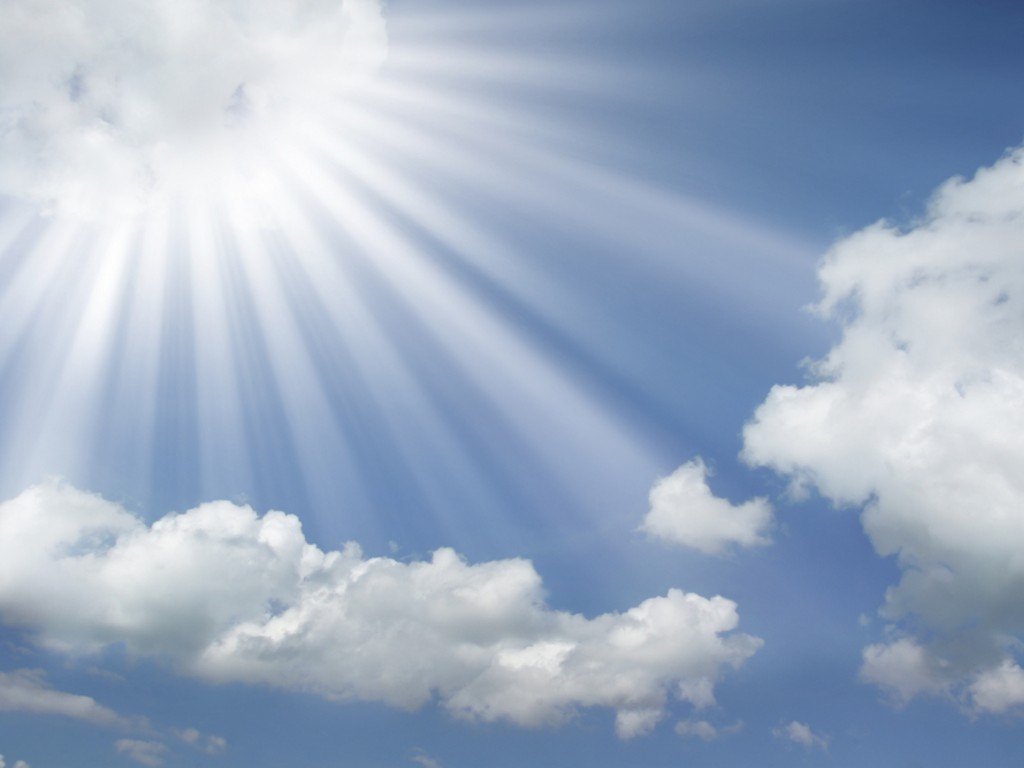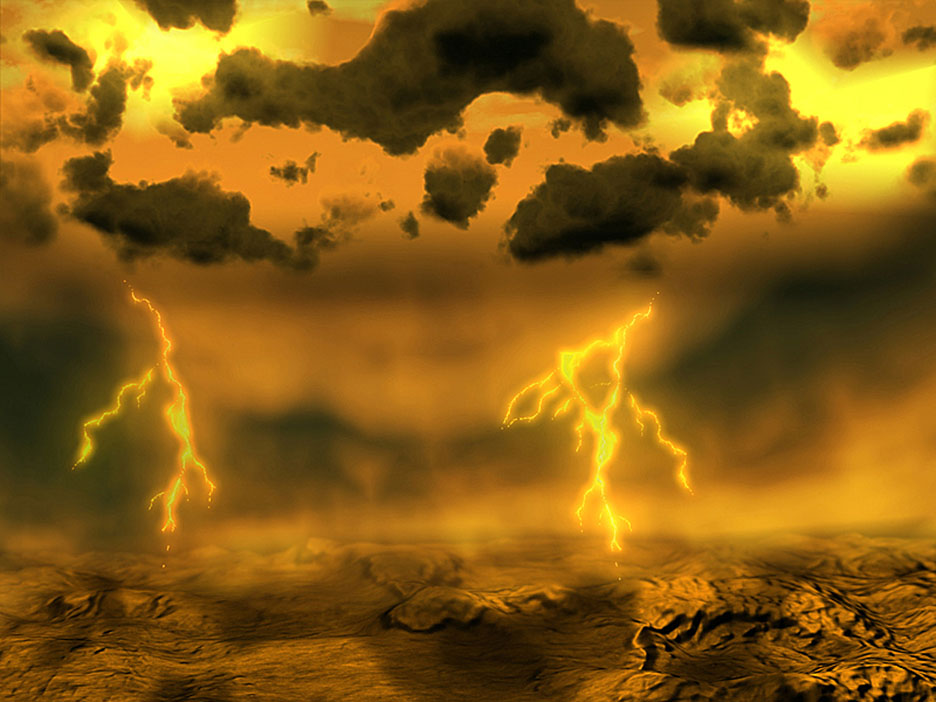




Vast
“When we seek for appropriate language in which to describe the love of God, we find words too tame, too weak, too far beneath the theme, and we lay down our pen and say, "No, it cannot be described." We can only do as did the beloved disciple, and say, "Behold, what manner of love the Father hath bestowed upon us, that we should be called the sons of God." 1 John 3:1. In attempting any description of this love, we feel that we are as infants lisping their first words. Silently we may adore; for silence in this matter is the only eloquence. This love is past all language to describe.
All the paternal love which has come down from generation to generation through the channel of human hearts, all the springs of tenderness which have opened in the souls of men, are but as a tiny rill to the boundless ocean when compared with the infinite, exhaustless love of God. Tongue cannot utter it; pen cannot portray it. You may meditate upon it every day of your life; you may search the Scriptures diligently in order to understand it; you may summon every power and capability that God has given you, in the endeavor to comprehend the love and compassion of the heavenly Father; and yet there is an infinity beyond. You may study that love for ages; yet you can never fully comprehend the length and the breadth, the depth and the height, of the love of God in giving His Son to die for the world. Eternity itself can never fully reveal it. Yet as we study the Bible and meditate upon the life of Christ and the plan of redemption, these great themes will open to our understanding more and more.”
FLB 43
“Be ye therefore perfect, even as your Father which is in heaven is perfect.”
Matthew 5:48.
“God's work is perfect as a whole because it is prefect in every part, however minute. He fashions the tiny spear of grass with as much care as He would exercise in making a world. If we desire to be perfect, even as our Father in heaven is perfect, we must be faithful in doing little things. That which is worth doing at all is worth doing well.
God's ideal for His children is higher than the highest human thought can reach. . . . The plan of redemption contemplates our complete recovery from the power of Satan. Christ always separates the contrite soul from sin. He came to destroy the works of the devil, and He has made provision that the Holy Spirit shall be imparted to every repentant soul, to keep him from sinning.”
FLB 44
What is the work of angels in comparison with His condescension? His throne is from everlasting. He has reared every arch and pillar in nature's great temple. Behold Him, the beginning of the creation of God, who numbers the stars, who created the worlds-- among which this earth is but a small speck, and would scarcely be missed from the many worlds more than a tiny leaf from the forest trees. The nations before Him are but "as a drop of a bucket," and "as the small dust of the balance" . . . (Isaiah 40:15).
Contemplate Him, the Lord, the all-glorious Redeemer, an inhabitant of the world He has created, and yet unacknowledged by the very ones He manifested so great interest to bless and save. . . . What condescension to the fallen men of earth! What wondrous love! HP 40
----------------------------
"The Things that Are Made"
How children do love to play! They love to play in the house with their blocks and games, dishes and dolls. But they love to play out-of-doors still better, because there are so many pleasant things there that they cannot find in the house.
The air out-of-doors is so fresh, the sun so bright, and sky so blue, and the carpet of soft green grass all over the ground is so much finer than the carpet in the house. Here and there are tiny flowers and red strawberries peeping out of the grass and waiting to be picked. Bees and bright-winged butterflies and dear little humming birds are flying in and out among the rose bushes. In the great leafy trees are young birds with their mouths wide open, waiting for the mother bird to give them something to eat. There are pet hens, so tame that they will come and eat right out of your hand, with soft, downy little chicks that follow them wherever they go.
In the farmyard some little people find pet kitten, rabbits, lambs, and goats; the horses waiting to be fed, and the cows to be milked. In tiny streams they find pretty stones and pebbles, and many queer little animals and fish, besides the ducks and geese that love to float upon the water.
Then, there is the garden, in which may be found at different seasons, strawberries, lettuce, radishes, onions, cabbage, beets, currents, gooseberries, blackberries, raspberries, and many other things that are good to eat. Out in the fields are the turnips and potatoes waiting to be hoed, and the fresh hay to be raked up in heaps. In the orchard are apple, peach, and cherry trees, where at certain times are red cherries, great rosy apples, and sweet juicy peaches. Along the road or in the woods are other trees, which are sometimes loaded down with hickory nuts, hazelnuts, butternuts, walnuts, beechnuts, filberts, and chestnuts.
How many of these things did you ever see? Well, all of these, and many other things, cause it to be more pleasant out-of-doors than in the house.
In the winter, it gets very cold in some places, and when little boys and girls go out they have to put on thick coats and gloves, and something over their ears. But how beautiful it is even then! The soft, fleecy snow falls gently from the clouds and covers the houses and trees and ground with a robe of the purest white. Then the sun in the daytime, and the moon and the stars at night, shine upon this snow and make it so bright and sparkling that we can hardly look at it. What fun to go out and skate and play snow ball, to make snow men and snow houses, or to ride down the hill on a sledge! What beautiful and wonderful things are all around us!
But the grass, and flowers, and trees, and animals, and sunshine were already here when your father and mother were little children, and when your grandfather, and grandmother, and all your grown-up friends were children. (Ask them to tell you about it.) As all of these things were already here, when your friends were children, we know that none of these friends made them.
Did you ever stop to think where all the beautiful and wonderful things that you see came from? And how they were made? See if you can tell by the next week where we can find out all about it.
July 6, 1893 EJW, PTUK 221